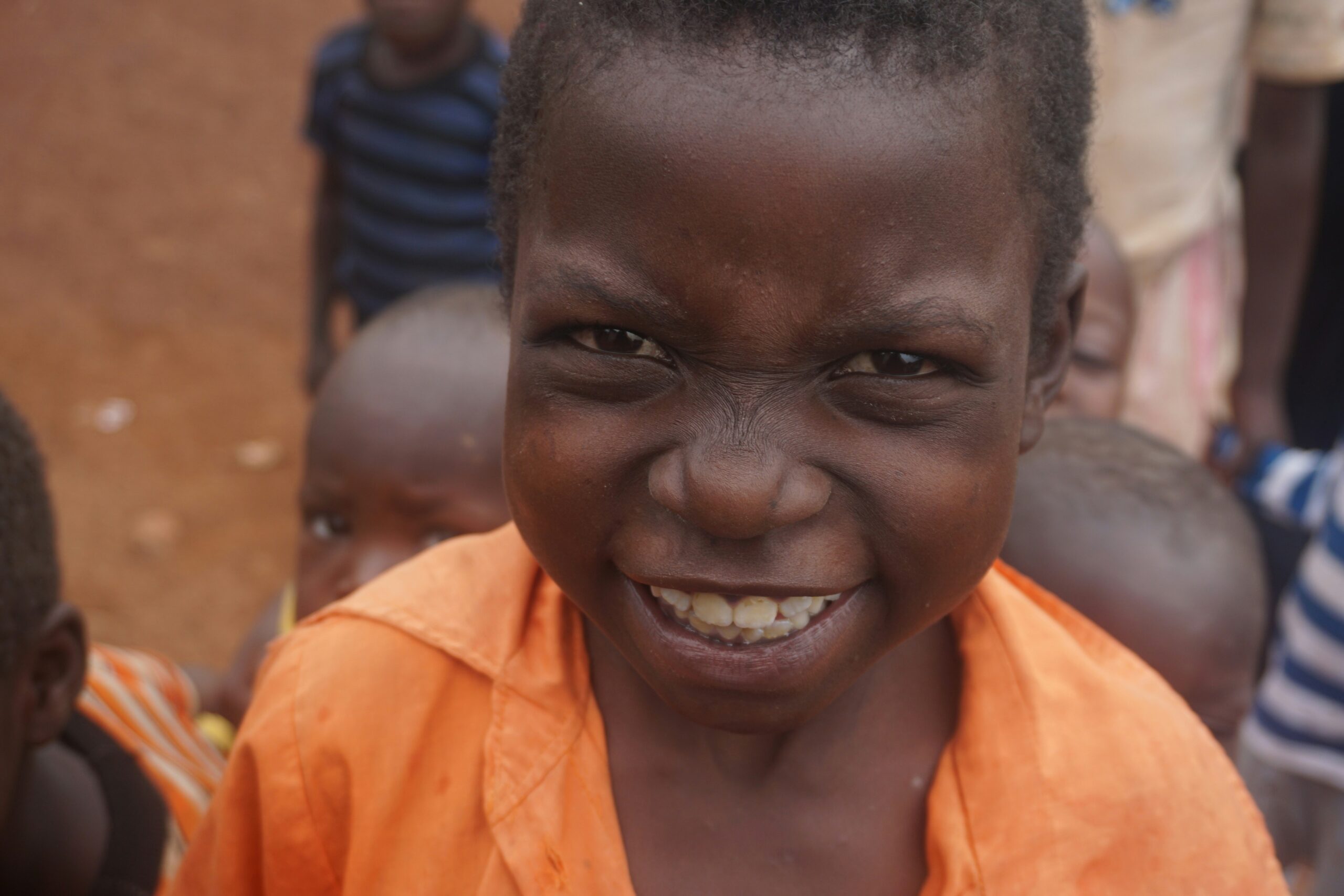Section 14 of Ghana’s Children’s Act 560 expressly forbids the betrothal or marriage of a child and grants the child the right to reject any kind of betrothal or marriage. The law underscores that any person under the legal age of marriage, which is 18 for both boys and girls, is a child and, therefore, cannot be forcefully married. Despite this legal framework, child marriage, a human rights violation practice, remains high, and 20 percent of girls in Ghana marry before the age of 18.
Drivers of Child Marriage
Since child marriage is a result of ingrained gender inequality that commodifies girls and women and is based on cultural norms, it is challenging to abolish it in Ghana. In exchange for a bride price or to avoid the possibility of an unwed pregnancy, which is linked to ideas of family honor, parents betroth their young daughters.
To realize their rights and prevent adverse health consequences, adolescents must get timely and thorough knowledge about sexual and reproductive health and rights, as well as life skills training.
Because marriage frequently serves as an economic haven for girls and their families, financial hardship is a potent spur for marriage; 33 percent of female minors from Ghana’s worst wealth quintile are married before turning 18, compared to 5 percent from the richest. Furthermore, a lack of formal education is frequently linked to underage marriage in Ghana. According to UNICEF, 43 percent of Ghanaian females who have not finished secondary school marry as children.
Effects of Child Marriage in Ghana
Per UNICEF’s data, over 90 percent of Ghanaian child brides between the ages of 15 and 17 are not in school. Child marriage deprives girls of their potential and keeps them from participating in their communities and the Ghanaian labor market. Although the practice may provide short-term financial respite, it hinders Ghana’s socioeconomic growth by keeping generations of young women in poverty.
In addition, compared to women who marry as adults, child brides are more likely to endure intimate partner abuse, which goes beyond the practice’s inherent violation. Girls who marry before the age of 15 are 50 percent more vulnerable worldwide. UNICEF data confirms that one in five child brides in Ghana is married to a man who is ten or more years older. This could leave them exposed to ongoing exploitation due to the starkly unequal power dynamics and limited opportunities for personal growth through education.
Attempts to Keep Girls Safe
As seen by observable advancements, Ghana’s government has demonstrated some commitment to ending child marriage.
The Child Marriage Unit, established by the Ministry of Gender, Children, and Social Protection in 2014, spearheads fresh campaigns and organizes nationwide efforts to eradicate the custom. In 2016, the government also introduced a 10-year National Strategic Framework on Ending Child Marriage, which lays out a comprehensive action plan by establishing clear objectives and giving guidance to all relevant organizations.
Also, the Ghanaian authorities require local chiefs to utilize their platforms more to speak out against child marriage. Several non-governmental organizations (NGOs), like ActionAid Ghana, have seen the need to eradicate the practice locally and have trained community-led anti-violence teams that seek to raise awareness of the problem and engage with the authorities to hold offenders accountable.
Moving Forward
Child marriage still occurs in Ghana despite tremendous improvements, and more work has to be done to address this issue. To realize their rights and prevent adverse health consequences, adolescents must get timely and thorough knowledge about sexual and reproductive health and rights, as well as life skills training. Therefore, comprehensive sexuality and human rights education could be embedded in the Ghanaian school curricula to address and ultimately improve young people’s sexual and reproductive lives. This will offer adolescents a structured opportunity to learn new information on their rights to say no to child marriage and other damaging traditional customs.
Adolescents could be empowered to create and explore opportunities through the implementation of safe spaces for them. Girls and boys between the ages of 10 and 19 from different regions in Ghana could be reached by a club or a training program that would expressly acknowledge the essential components of everyone’s rights, promote gender equality, and empower individuals. While girls would be able to make knowledgeable decisions on topics including adolescent pregnancy, sexual and reproductive health, and child marriage, boys would be provided a safe environment and educated on how to advocate for their rights, comprehend their sexuality, interact with people of the opposite sex, and learn how to express themselves with confidence.
Again, community-level sensitization initiatives can also be created to raise knowledge of the risks of underage marriage for girls.
A Child Marriage Information Portal can be introduced through technology and social media. The primary goal of this portal would be to facilitate data exchange among important parties involved in addressing child marriage. The portal could also provide contact information and details of civil societies and organizations involved in the fight against child marriage, as well as resource guides on preventing child marriage in Ghana.
Furthermore, a nationwide “End Child Marriages” campaign can be started to increase awareness of the problems surrounding child marriage. Using the hashtag #GhanaEndsChildMarriage, the campaign can be made active on all social media sites including Facebook and Twitter. There is a lot of hope for a time when child marriage won’t be able to dim any Ghanaian girl’s childhood joy.
Gideon Danso is a health information officer and research assistant from Ghana working in the field of public health with a particular interest in the well-being and mental health of vulnerable and marginalized groups.
Photo by Melissa Askew via Unsplash.

